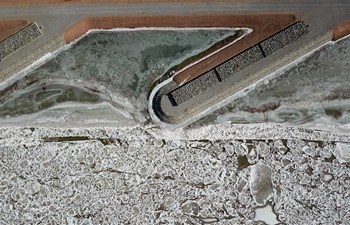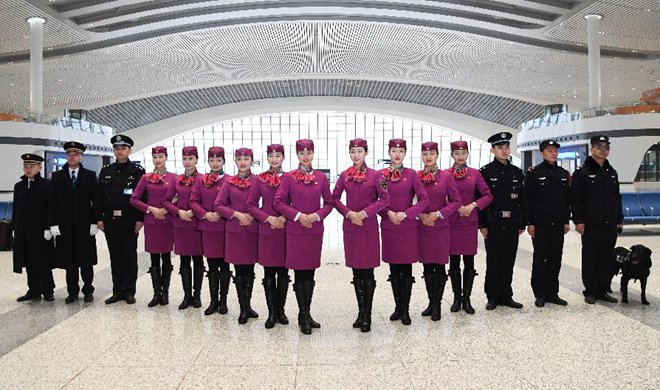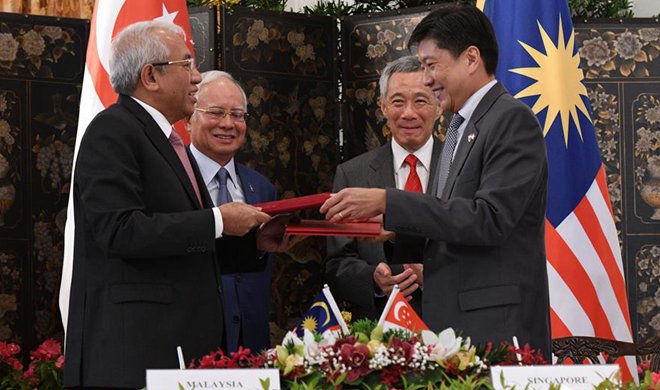ADEN, Yemen, Jan. 16 (Xinhua) -- Yemen's Prime Minister Ahmed Obeid bin Daghr pleaded on Tuesday with the Saudi-led coalition to save the economy from collapse, as the Yemeni riyal continues to depreciate against foreign currencies.
The PM based in Aden said in a press statement that his impoverished Arab country is in a pressing need for urgent economic support from the neighboring Gulf countries.
He also urged a quick intervention from the Saudi-led coalition to salvage the Yemeni national currency from entire collapse, offering his resignation if this would sort out the problem.
"If there are real mutual bilateral relations between our countries, support Yemen economically and save the currency from a complete collapse," bin Daghr said in his statement.
"Interfere in saving the Yemeni rial now and not tomorrow. The salvation of the rial means saving the Yemeni people from an imminent starvation," the statement added.
In recent days, the value of Yemen's currency declined sharply with one U.S. dollar being equivalent to 500 rials, from 335 rials before floating national currency in August and from 215 rials before war broke out in 2014.
Earlier in the day, many exchange companies in Aden shut down and protest against the government that made no solution to address the fast devaluation of the Yemeni rial.
Economists and observers expect the dollar to soar to over more than 500 rials in the first half of 2018 due to the recent civil war and the helpless role of the government, leading to a dramatic exacerbating of the ongoing humanitarian crisis.
Yemen's President Abdu-Rabbu Mansour Hadi announced on Nov. 11 that his key ally Saudi Arabia had agreed to deposit 2 billion dollars into Yemen's central bank to stabilize the national currency from further deterioration.
However, officials at the Yemeni Central Bank confirmed that they haven't received the promised funds by the neighboring Gulf country Saudi Arabia.
In 2016, Hadi issued a presidential decree and moved the central bank from the Houthi-controlled capital Sanaa to the southern port city of Aden, where the internationally-backed government is currently based.
Following Hadi's decision, a sharp liquidity crisis plagued the banking and finance sectors in Yemen and continued for two years.
Yemen's government, allied with the Saudi-led Arab military coalition, has for about three years been battling Iran-backed Shiite Houthi rebels over control of the country.
The coalition began a military air campaign in March 2015 to roll back Houthi gains and reinstate exiled President Hadi and his government to the power.
The coalition also imposed air and sea blockade to prevent weapons from reaching Houthis, who had invaded the capital Sanaa militarily and seized most of the northern Yemeni provinces.
UN statistics show more than 10,000 people, most of them civilians, have been killed since the coalition intervened in the Yemeni civil war that also displaced around 3 million.
The Arab country is also suffering from the world's largest cholera epidemic since April, with about 5,000 cases reported everyday.

















